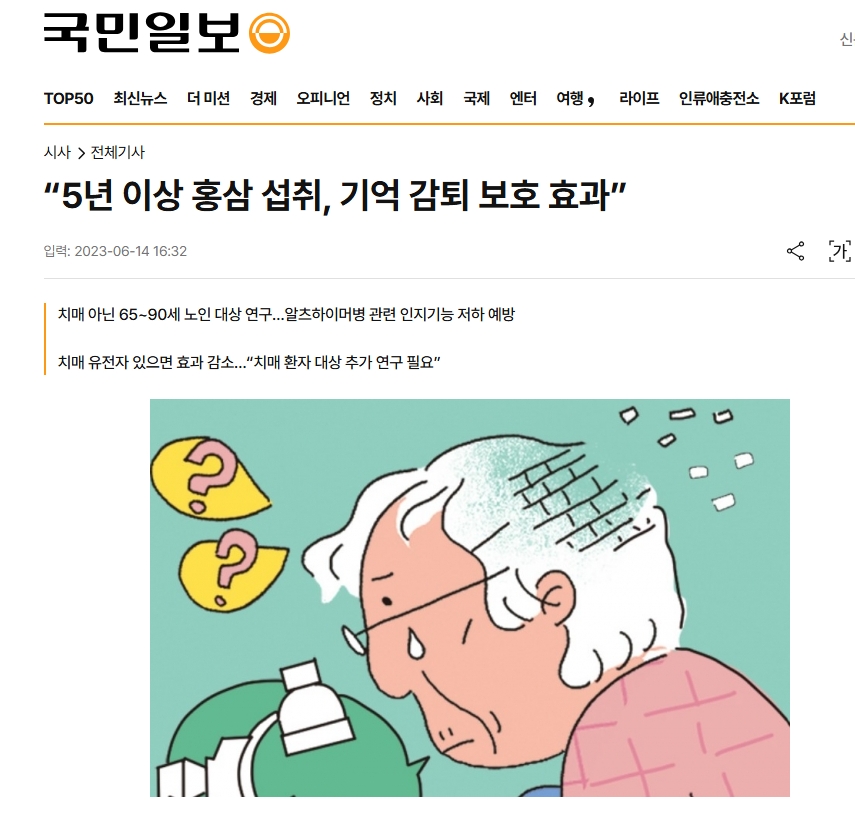No Media
Changes Experienced During the Clinical TrialThis clinical trial lasted for six months, with half of the participants receiving a placebo (fake medicine) and the other half taking the actual medicine.However, changes appeared immediately after taking the real medicine.📌 1) Initial Reaction – Increased Crying & Irritability (Heightened Alertness)Right after taking the real medicine for the first time, crying and irritability increased sharply.It was tough for about a month, but the research team explained that this is a phenomenon that can occur as a response to the medication.We were advised that 'things will gradually get better over time,' and indeed, after two weeks, we began to see signs of stabilization.📌 2) Remarkable Change – Improved Picky Eating & Language DevelopmentI had heard that Elserin could help with language development, but our child experienced an unexpected improvement in picky eating.Our child had difficulty accepting school meals, but→ after starting Elserin, they began eating the meals!Other children participating in the clinical trial also gave feedback that their eating habits had slightly changed.Additionally, it seemed that our child was speaking in full sentences more frequently.
